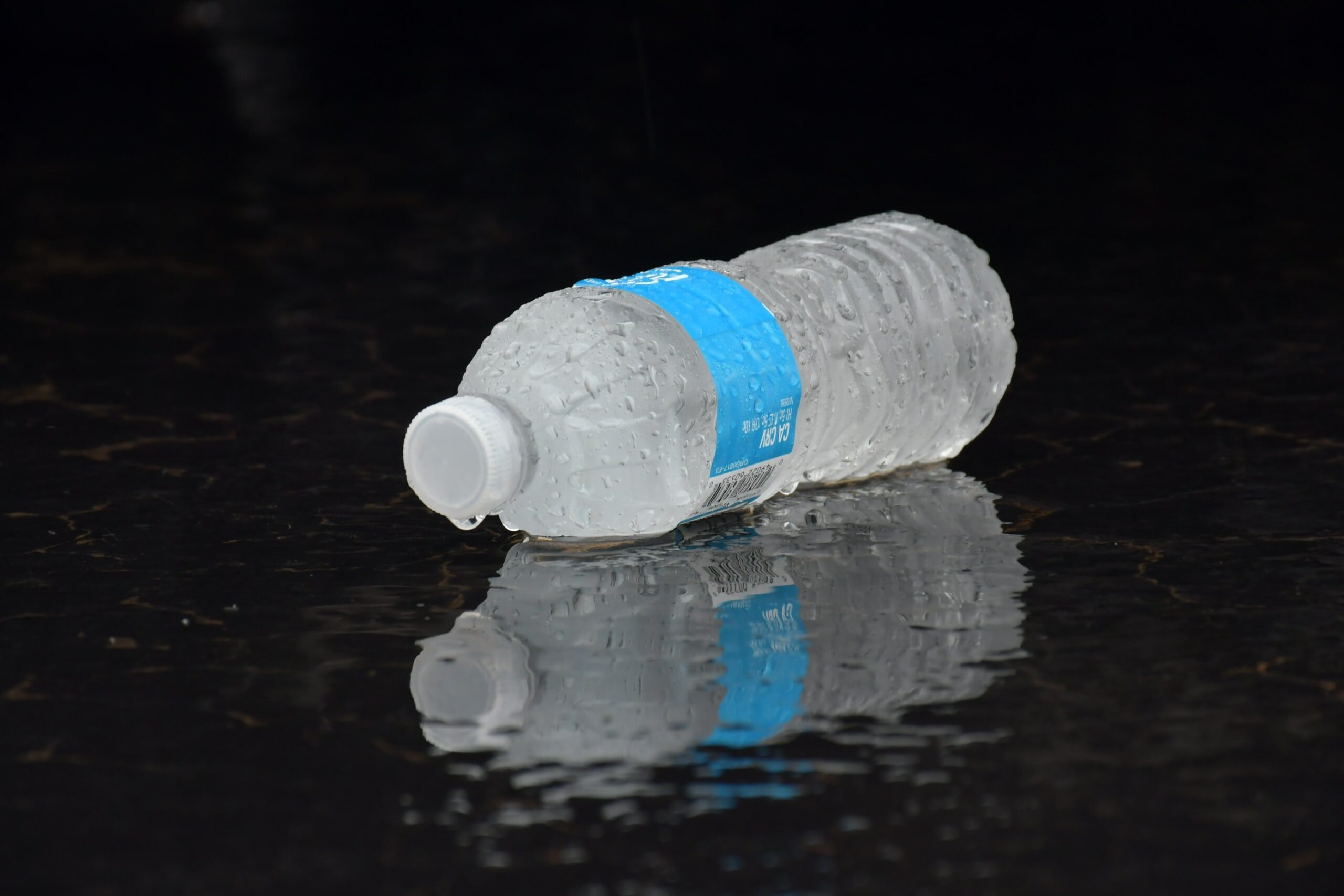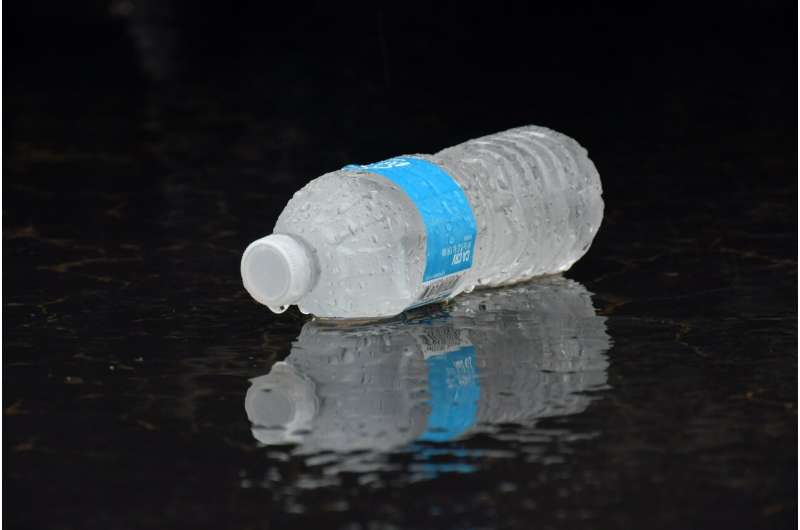

The huge and growing toll bottled water is taking on human and planetary health warrants an urgent rethink of its use as 1 million bottles are bought every minute around the globe, with that figure set to rise further still amid escalating demand, warn population health experts in a commentary published in the open access journal BMJ Global Health.
Some 2 billion people around the world with limited or no access to safe drinking water rely on bottled water. But for the rest of us, it’s largely a matter of convenience and the unshaken belief—aided and abetted by industry marketing—that bottled water is safer and often healthier than tap water.
It isn’t, insist the authors from Weill Cornell Medicine in Qatar.
That’s because bottled water often isn’t subject to the same rigorous quality and safety standards as tap water, and it can carry the risk of harmful chemicals leaching from the plastic bottles used for it, especially if it’s stored for a long time, and/or exposed to sunlight and high temperatures, they explain.
Between an estimated 10% and 78% of bottled water samples contain contaminants, including microplastics, often classified as hormone (endocrine) disruptors, and various other substances including phthalates (used to make plastics more durable) and bisphenol A (BPA).
Microplastic contamination is associated with oxidative stress, immune system dysregulation, and changes in blood fat levels. And BPA exposure has been linked to later-life health issues, such as high blood pressure, cardiovascular disease, diabetes and obesity, they add.
“While there are short-term safety thresholds, the long-term effects of these contaminants remain largely unknown,” observes the author, adding that microplastics can also enter the food chain.
Tap water is also a greener option. Plastic bottles make up the second most common ocean pollutant, accounting for 12% of all plastic waste. Globally, just 9% of these bottles are recycled, meaning that most end up in landfill or incinerators, or are ‘exported’ to low and middle income countries, to deal with, begging the question of social justice, they say.
Apart from the waste generated, the process of extracting the raw materials and manufacturing plastic bottles significantly contributes to greenhouse gas emissions, they add.
While some efforts have been made to facilitate the use of drinking water in restaurants and public spaces, and to curb the prevalence of single-use plastics, much more needs to be done, argue the authors.
“Collectively, the accumulated evidence underscores the critical role of government interventions and educational campaigns in shifting public perception and behavior. These campaigns should highlight the environmental stewardship and health benefits of choosing tap water, effectively driving a cultural change towards more sustainable consumption practices,” they suggest.
“The reliance on [bottled water] incurs significant health, financial and environmental costs, calling for an urgent re-evaluation of its widespread use,” they conclude. “Governments must urgently confront these issues,” including those in low and middle income countries where there is a pressing need for them to invest in safe drinking water infrastructure, they add.
“By prioritizing tap water consumption, we can collectively address the multifaceted challenges posed by [bottled water] and embrace tap water as a cornerstone of environmental responsibility and public health,” they suggest.
More information:
Rethinking bottled water in public health discourse, BMJ Global Health (2024). DOI: 10.1136/bmjgh-2024-015226
Provided by
British Medical Journal
Citation:
Bottled water has a huge and growing toll on human and planetary health, experts warn (2024, September 24)
retrieved 24 September 2024
from https://phys.org/news/2024-09-bottled-huge-toll-human-planetary.html
This document is subject to copyright. Apart from any fair dealing for the purpose of private study or research, no
part may be reproduced without the written permission. The content is provided for information purposes only.